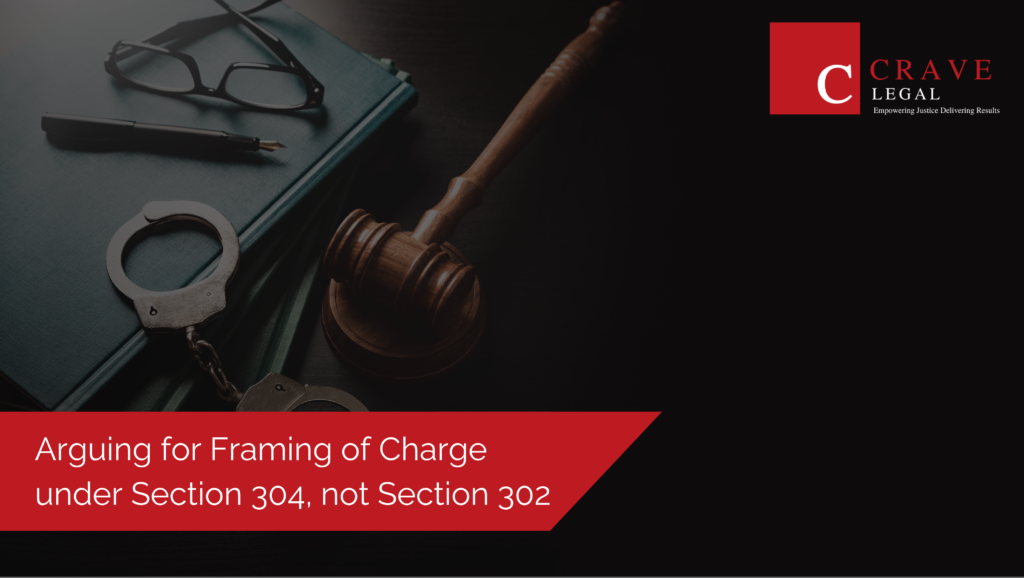Introduction:
The process of arguing before a court, especially in matters of criminal law, can be both challenging and enlightening for legal professionals. This article recounts a personal experience of advocating for the framing of charges under Section 304 rather than Section 302 of the Indian Penal Code (IPC), shedding light on the intricacies of legal arguments and the importance of effective communication in a courtroom setting.
Setting the Stage:
The case in question involved a defendant charged with causing the death of another individual. The prosecution had invoked Section 302 of the IPC, which deals with the offense of murder and carries severe penalties. However, upon careful examination of the evidence and circumstances, it became evident that the charge under Section 304 (culpable homicide not amounting to murder) was more appropriate in this situation.
Building the Legal Argument:
Intent and Knowledge: The key to distinguishing between Section 302 and Section 304 lies in the intent and knowledge of the accused. While Section 302 requires proof of an intention to cause death, Section 304 considers cases where death is caused without the intention to kill but due to rash or negligent acts. In this case, it was vital to establish that the defendant lacked the specific intent to commit murder.
Causation:
Another crucial aspect was establishing the causal link between the defendant's actions and the resulting death. The argument focused on demonstrating that the defendant's actions were reckless or negligent, leading to an unintended fatality. This line of reasoning was pivotal in justifying the applicability of Section 304.
Evidence and Witnesses:
The evidence presented by both the prosecution and the defense played a pivotal role. The defense emphasized eyewitness accounts and expert opinions that supported the absence of a premeditated plan to cause death. This approach aimed to convince the court that the circumstances aligned more closely with culpable homicide than murder.
Precedents and Legal Precedence:
Drawing upon relevant case law and legal precedents, the defense highlighted instances where courts had opted for Section 304 charges instead of Section 302 due to similar circumstances. This helped to demonstrate that the argument was not merely based on personal interpretation but aligned with established legal principles.
The Courtroom Experience:
Advocating for the framing of charges under Section 304 required a comprehensive understanding of the case, an ability to dissect legal nuances, and effective communication skills. Presenting arguments before the Hon'ble Court involved addressing the judge's queries, countering the prosecution's points, and persuasively presenting the defense's perspective.
Conclusion:
The experience of arguing for the framing of charges under Section 304 instead of Section 302 provided a valuable lesson in the complexities of criminal law and the art of legal advocacy. It underscored the importance of meticulous preparation, sound legal reasoning, and the ability to present a compelling case before the court. Ultimately, the outcome of such arguments has a direct impact on the course of justice, underscoring the gravity of the role played by legal professionals in the justice system.






